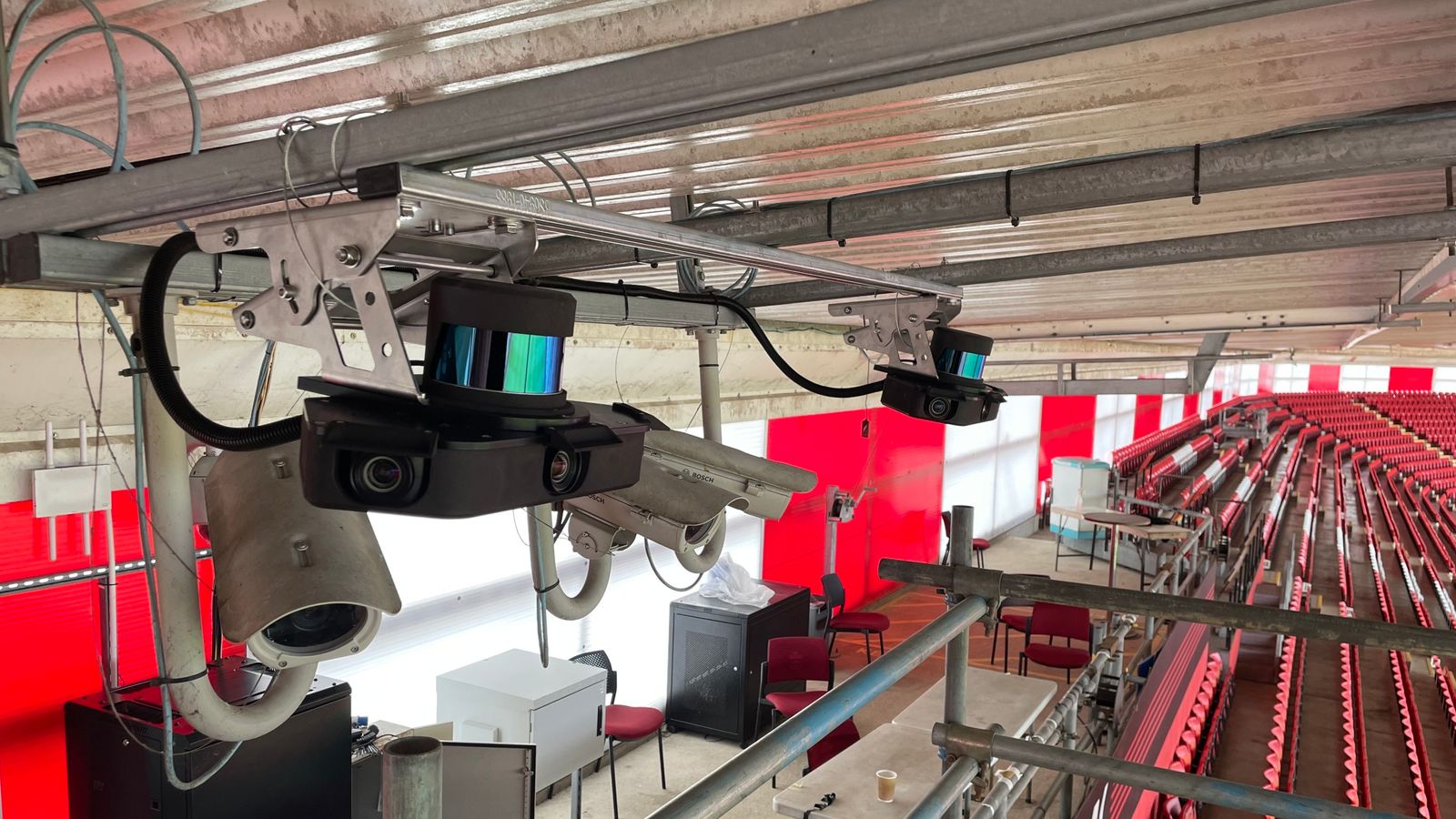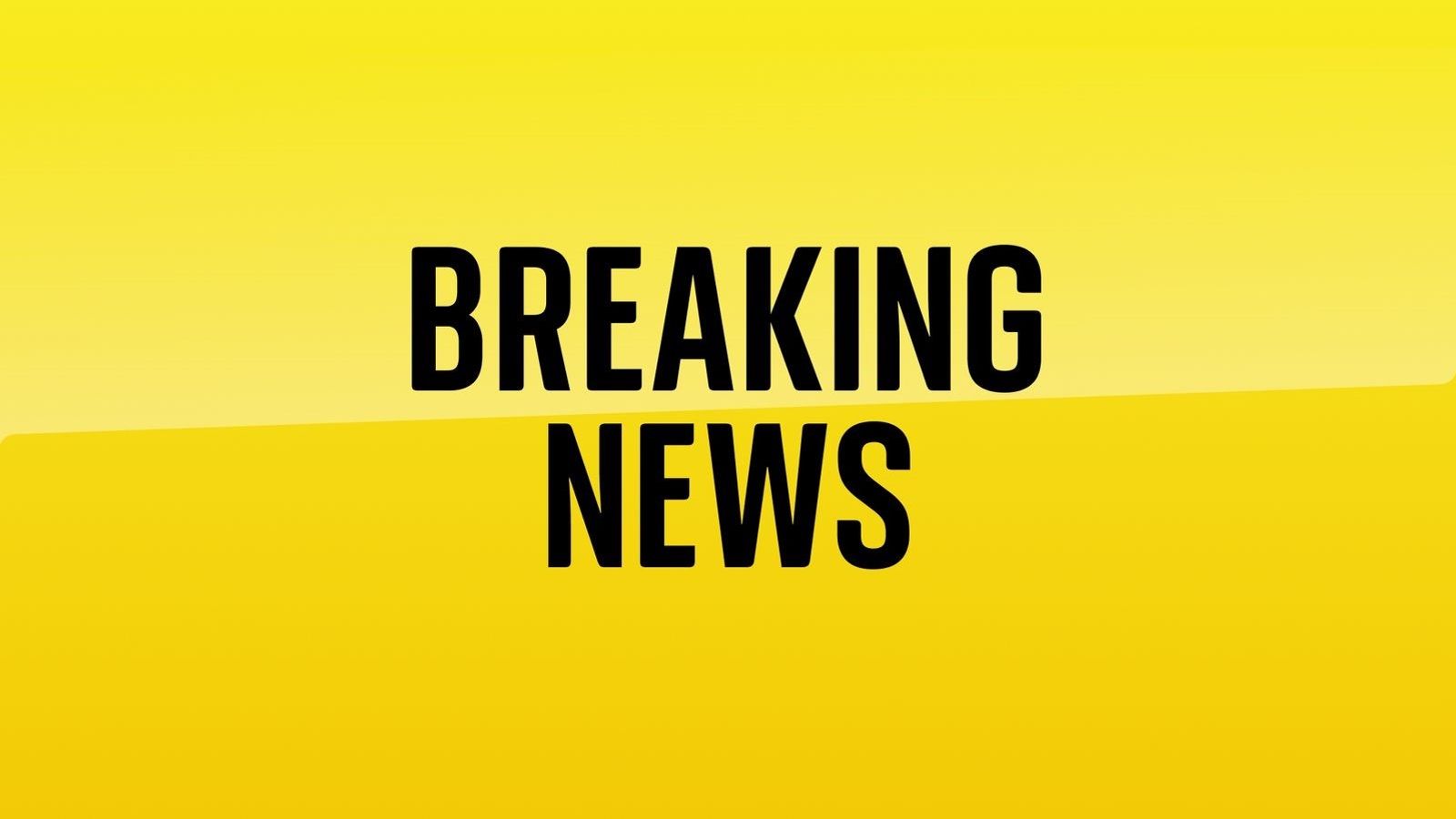Chancellor Rishi Sunak has admitted there are “challenging times ahead of us”, hours after official figures charted the longest period for falling disposable income because of soaring inflation.
Data from the Office for National Statistics (ONS) covering the first three months of the year revealed that real disposable income had fallen for four quarters in a row for the first time since records began.
It reported a decline of 0.2% between January and March as income growth of 1.5% was outstripped by household inflation of 1.7%.
The dire cost of living squeeze on family finances is unlikely to have improved since as the rate of inflation has continued to soar by more than wage growth, according to more recent ONS data.
The consumer prices index measure of inflation hit a fresh 40-year high of 9.1% in May and the Bank of England has warned of worse to come, especially in October when the energy price cap is predicted to cross the £3,000 barrier.
The raft of rising prices in the economy has prompted Mr Sunak to deliver targeted support – with a fresh £15bn package of wider aid announced in May being widely welcomed though critics have argued he must go further.
Separate ONS figures on Tuesday also raised pressure on the chancellor after it was revealed that the country racked up a record shortfall in its current account in the first three months of this year, as the deficit ballooned to 51.7 billion pounds or 8.3% of gross domestic product.
‘Surprising amount of momentum’ for housing market as prices hit new record
Some Kraft Heinz baked beans and ketchup products unavailable in Tesco stores after pricing dispute
Car insurance premiums for most popular models ‘rise by £100’
The gap between the value of the goods and services that the UK imports compared to exports was at its highest since 1955, the ONS said, though it placed a big health warning on the deficit figure due to a lack of information on data collection since Brexit.
In remarks to the annual conference of the British Chambers of Commerce (BCC), the chancellor praised the resilience that business had shown since the pandemic but gave nothing away in terms of any possible future support.
The business lobby group urged him to adopt a five-point plan to address rising cost challenges for business – costs which are adding to the inflation problem as they are passed on in the economy.
The wish list includes a temporary energy price cap for small businesses and the extension of the financial support announced for households last week to include small firms.
Please use Chrome browser for a more accessible video player
The BCC said the wealth of problems, including wage demands, amounted to an “impending cost of doing business crisis”.
Its director general, Shevaun Haviland, told Sky’s Ian King Live that firms were hamstrung by rising costs and post-Brexit labour shortages which were hampering growth and investment.
“What we have… called for today is for the chancellor to have another look at the shortage occupation list.
“Its a framework that already exists… It allows the government to use very controlled measures to bring people back into our economy in certain sectors and we think that would make a difference to the really tight labour market.”










